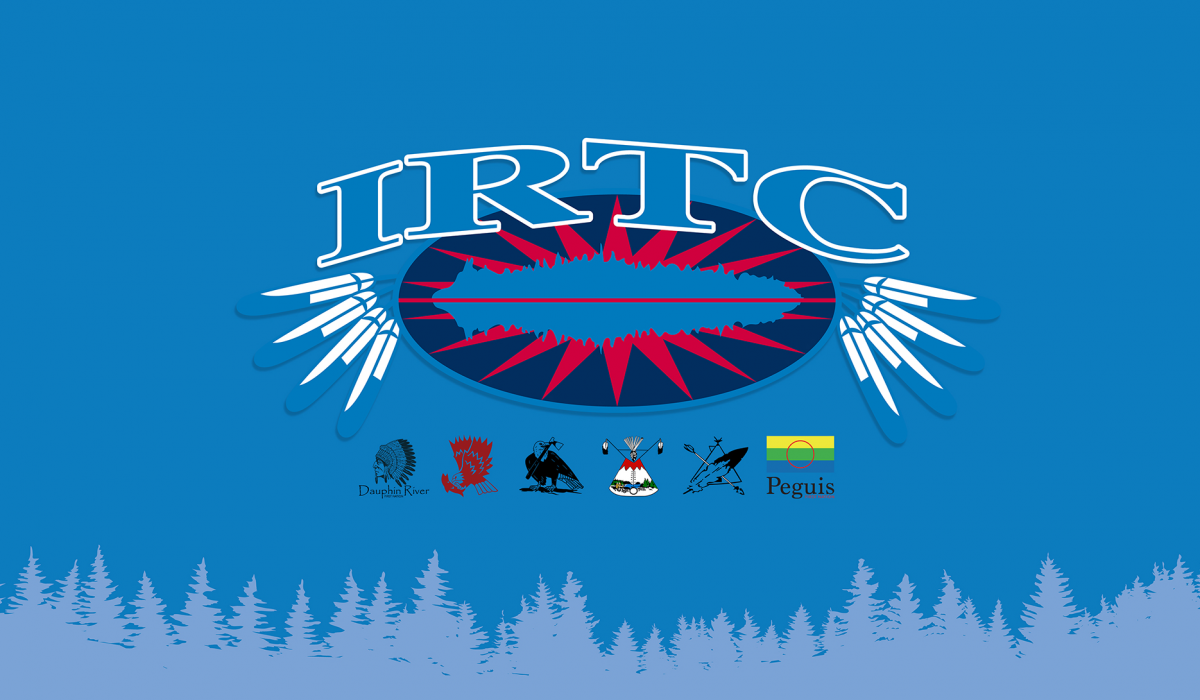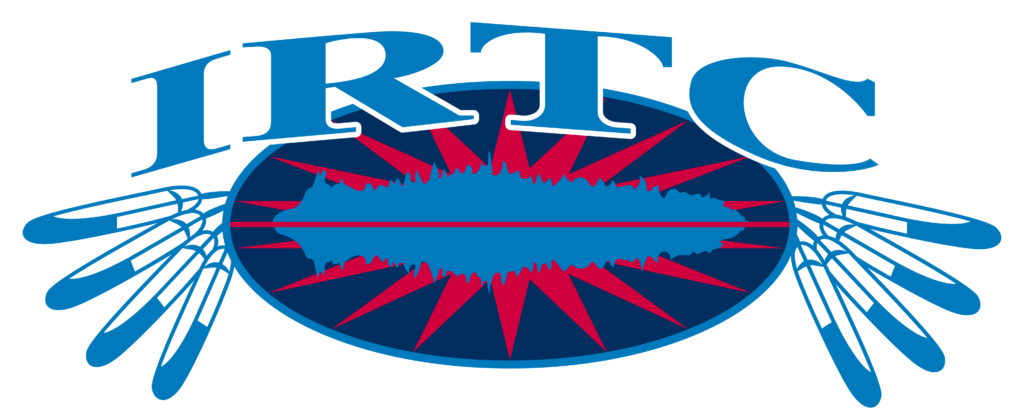Correction of earlier IRTC press release
Court issues injunction against Government of Manitoba
August 27, 2020 – On Thursday, August 20, 2020, Justice Lanchbery of the Manitoba Court of Queen’s Bench issued an interlocutory injunction against the Government of Manitoba halting work on an access road and other activites related to the proposed Outlet Channels Project. The successful injunction was filed by the Interlake Reserves Tribal Council (IRTC), Lake Manitoba First Nation, Little Saskatchewan First Nation, Dauphin River First Nation and Kinonjeoshtegon First Nation.
In his decision granting the Injunction, Justice Lanchbery relied heavily on the direct evidence from individual citizens of the affected First Nations who exercise Treaty rights in concluding that the actions of the Province could cause irreparable harm to those Treaty rights. He explained that our shared Colonial history, the enactment of section 35 of the Constitution Act and Supreme Court of Canada decisions, confirms that monetary damages are insufficient when the issue of land-based rights are at stake.
We are hopeful that this Court decision sends a wake-up call to the Provincial Crown so that we can begin to repair what is currently a damaged relationship. As always, the IRTC and First Nations’ leadership remain open to constructively working with the Government of Mantioba. But as shown by our resolve in pursuing and successfully obtaining an injunction against the Crown, our working relationship must be premised on respect for the Treaty covenants, our rights and our peoples’ interests.
In a press release earlier today the IRTC mistakenly identified work was being done by the Province in definance of that Injunction.
– 30 –
For more information contact:
Karl Zadnik, B.Comm(Hons); PM Cert.
Chief Executive Officer
Interlake Reserves Tribal Council
Email:[email protected]
Phone:204-956-7413
Background
In the spring of 2020, after trying to find a way to work with the Province to no avail, the Interlake Reserves Tribal Council (IRTC) and four of its member First Nations – Lake Manitoba First Nation, Little Saskatchewan First Nation, Dauphin River First Nation and Kinonjeoshtegon First Nation – filed a lawsuit against the Government of Manitoba seeking an injunction to stop construction work on the Lake Manitoba and Lake St. Martin Outlet Channels Project and a related access road unless and until the federal and provincial environmental assessments are done and the Channels Project is approved. The lawsuit calls on Manitoba to stop any further clearing on public land and continued work on an access road in relation to the Channels Project until the Project is approved following completion of the environmental assessment processes, and until the Plaintiff First Nations have been meaningfully consulted and their rights accommodated.
On August 20, 2020, the Manitoba Court of Queen’s Bench granted the Plaintiffs’ motion for an interlocutory injunction. The interlocutory injunction ordered Manitoba to halt work on an access road and refrain from carrying other work on Crown land in furtherance of the Channels Project. The injunction will remain in place until the underlying lawsuit against the province is decided
On August 20th the Court also rejected Manitoba’s motion to strike the First Nations’ claim.
This lawsuit arises from the continual flouting of environmental laws by the Government of Manitoba and the Province’s total disregard and disrespect of Treaty and Aboriginal rights. Before the Channels Project has even been approved or gone through the environmental assessment process, the Government of Manitoba authorized the clearing of pristine public land along the proposed right-of way for the Lake St. Martin Channel. Manitoba also barreled ahead on the construction of a 20 km all season access road for the Channel’s Project in the face of legal challenges from several First Nations. To carry out this work before the Channel’s Project is approved makes a mockery of the environmental assessment process and the Crown’s Constitutional duty to consult Indigenous communities. The information obtained through the assessment processes and consultation will inform the development measures to lessen or avoid impacts arising from the Channels Project on the environment, as well as on Treaty and Aboriginal rights. These avoidance and mitigation measures inform the details and conditions included in any Project authorization, including matters related to routing, clearing, construction and timing of activities necessary to carry out the Project.


